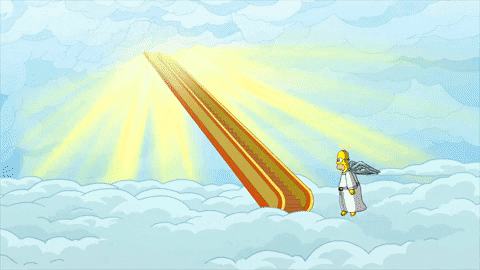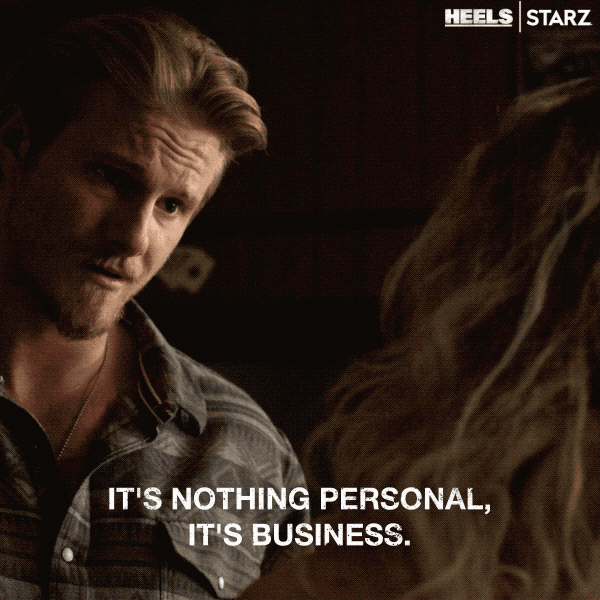I’ve had more than 10 jobs in the past 15 years. I hopped from job to job in hopes that the next would be better than the last, all in pursuit of THE job—the one that would give me that ultimate sense of purpose and fulfillment.
I wasn’t alone. 70% of people look to their job to define their sense of purpose. Yet, only 15% of workers actually find purpose in their day-to-day work.
And for most of us, we probably never will.
Why?
For starters, we’ve been spoon-fed the belief that we should derive our sense of purpose from our work.
Have you ever stopped to consider why you care so much about work—why so many of your life decisions have revolved around work? Or why the hell people so commonly ask “so what do you do?” as if you are what you do?
Theologians Martin Luther and John Calvin planted this seed hundreds of years ago when they proselytized that to work is to serve God. That you should “find your calling”, work really hard, and thereby demonstrate that you deserve to go to Heaven.
This sentiment of “find your calling” persists today. We ask children, “what do you want to be when you grow up?” as if it’s the most important thing they can aspire to—nevermind being a good human. I wanted to be a lawyer at age 8, despite the fact that I had no idea what that meant. It just seemed to please adults when I said it.
We’ve been indoctrinated with this belief that work is the most important thing we can contribute to in our lifetimes. And it’s in institutions’ best interest to perpetuate this sentiment.
Companies publicize mission statements, company values, declarations for increased sustainability and social justice because it’s what we want to hear, it aligns with our belief that work gives us purpose. At best, these statements give us a brief boost in morale, which translates to a bump in our productivity. We believe our company stands for something, and that makes us feel good. For a little while.
We forget suppress the fact that, by nature, the employee-employer relationship is transactional.
We get paid for our output. It’s as simple as that. We don’t work for free, and businesses don’t pay people to do nothing.
But at some point, pay became the minimum requirement. If employers want more productivity from their employees—and they always want more—they need to offer something of value in return. As an example, in exchange for higher output and less turnover, Henry Ford began implementing an eight-hour workday and a five-day workweek. The economic motivations for shorter working hours didn’t stop there. Ford believed that with more down time, people would consume more stuff, including his vehicles: “Leisure is an indispensable ingredient in a growing consumer market because working people need to have enough free time to find uses for consumer products, including automobiles.”
Today, many organizations make hollow mission, purpose, and culture statements to secure our loyalty to the job because they know it is meaning that we seek. Some are sincerely invested. But at the end of the day, their priority is making and saving the company money, and their attention falls on whatever poses the largest threat to that at any given moment.
Many of us have experienced that jolting reminder of just how transactional work is when we’re laid off. A reddit thread titled Uncle fired before retirement lists dozens of examples of people working decades at a company only to be laid off months before retirement. My sister was recently laid off and immediately after notifying her, they withdrew her access from her computer. She wasn’t able to say bye to any of her coworkers she’d spent the last year building relationships with.
There are those who find true fulfillment and purpose in their work, and that’s great. But rare. I’m not going to expend precious energy in search of it, because there’s so much more to life–and me–than my 9-5.







I like how you talk about working as being "morally correct". I often struggle with the idea that I "should" find passion and purpose in my work, however the more I learn about companies and their corruption and dishonesty I tend find myself feeling at odds with something that I was taught to believe vs the reality of how this world works.